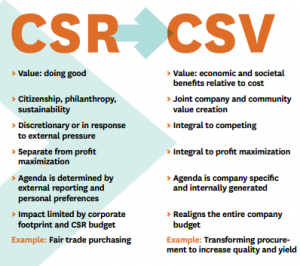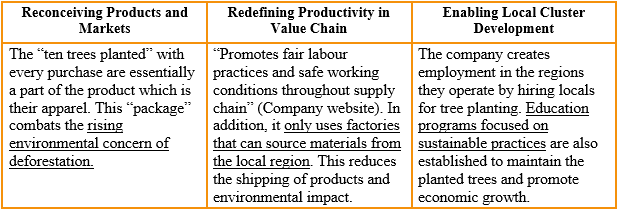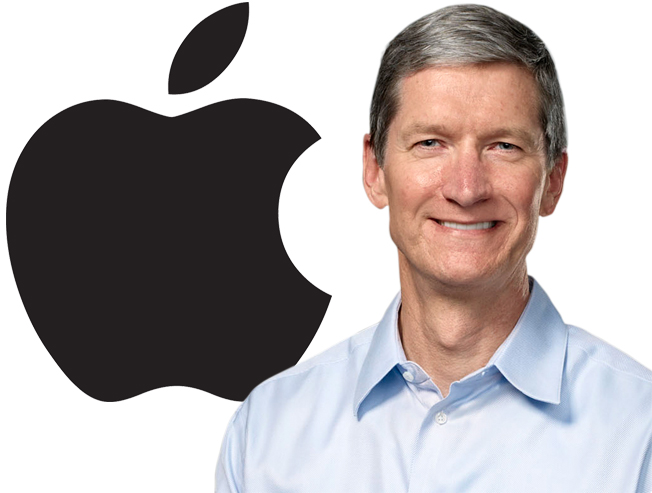The Arc Initiative: Helping Communities Help Themselves
“If the United Nations was fully funded why would we need the Arc or social enterprise?”

The UN does meaningful work globally, however, aid dependency is a growing concern among some struggling communities. This is where social enterprise comes in.
The United Nations (UN) is a wonderful organization which has improved billions of lives worldwide. Some of society’s problem, however, are so severe and perplexing that even a fully funded UN cannot suppress them in the long run.
Much of the aid provided by the UN involves relief efforts and charitable giving. While these measures are effective short-term solutions, they also lead to more dependent communities. This is where the distinction between charities and organizations such as the Arc and the Skoll Foundation becomes valuable. These initiatives are, in my opinion, more sustainable methods of tackling the pressing issues of society because they help promote social entrepreneurship by allowing individuals in struggling areas to become financially independent, learn applicable business skills and produce economic growth in their communities.

The Arc foundation is a long term solution because it fuels local entrepreneurs in struggling communities.
Take Fitih Tesfaye, the owner of Shega Shero Eatery in Ethiopa, for example. Although financial aid by an organization such as the UN would have supported her for a certain period of time, the fundamental issue with her business—a lack of a point of difference—would have remained unaddressed and she would have eventually found herself struggling again. By realizing the growth of the food production market during an Arc Initiative workshop, she was able to pivot, modify her value proposition and is now contributing to her community’s economy.
In my eyes, solving the world’s problems requires a collaborative effort from a variety of charities and social enterprises—not just one.
Additional Sources: “In a crowded market, entrepreneur finds a sweet way to stand out”
Image Sources: (1) Google Images (2) Sauder UBC






